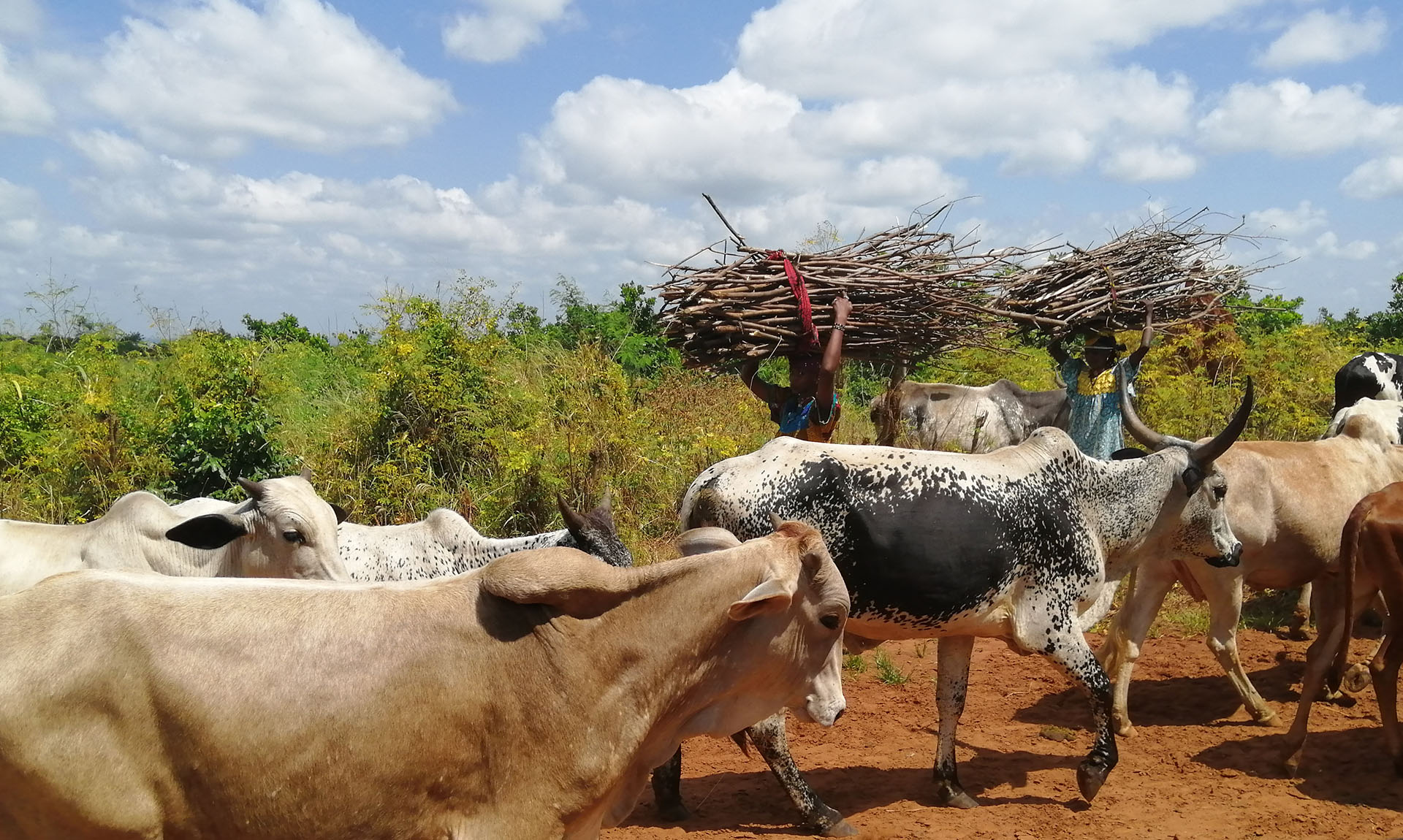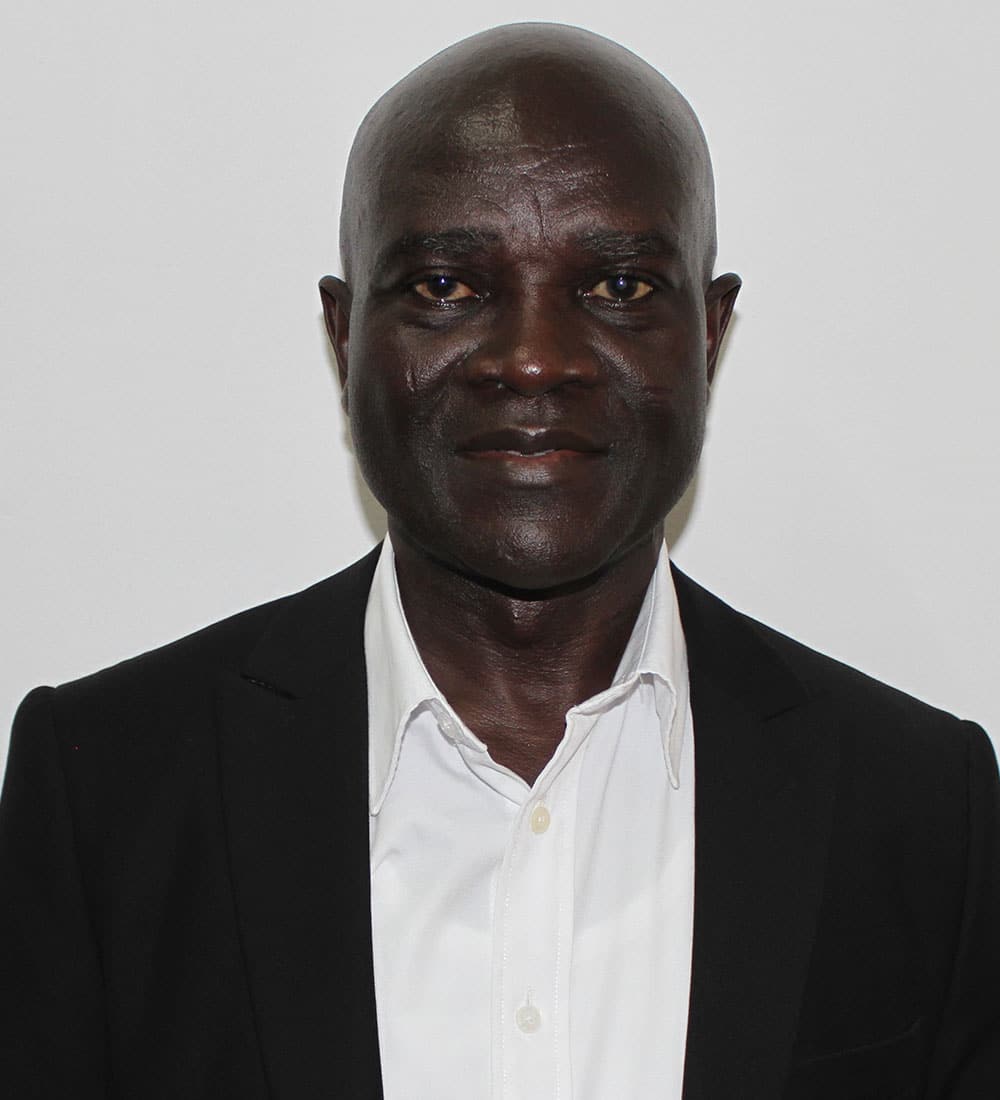In the words of the researcher, Access-Authority Nexus in Farmer-Herder Conflicts
04-03-22

About the research project
Farmer-herder conflicts constitute a major type of conflict in Ghana and the African region in general. Such conflicts have attracted the attention of numerous researchers, particularly in Ghana and Nigeria.
The Access and Authority Nexus in Farmer-Herder Conflicts project studies the dynamic processes in the formation and erosion of access, identities and authority in farmer-herder conflicts in Ghana.
We asked Professor Boateng Kyereh about the outcomes of his research.
The project is implemented in partnership between Kwame Nkrumah University of Science and Technology (KNUST), Ghana, and University of Energy and Natural Resources (UENR), Ghana, University of Development Studies (UDS), Ghana, University of Copenhagen (UCPH), Denmark.

What are the main objectives of your research?
The Access and Authority Nexus in Farmer-Herder Conflicts project looks into the livelihood and governance implications of farmer-herder conflicts in Ghana. Its objectives are to investigate the dynamic processes of the formation and erosion of access to crop and grazing lands through a political-ecology lens. We also look into the extent to which the claims made by farmers and herders influence policy discourses and institutional actions.
What development changes are expected to result from your research and through which channels (policy/community/others)?
The development changes expected from the research are secured lives and livelihoods, as well as well-functioning and legitimate district level institutions for peace, stability and wellbeing in Ghana. We are aiming at using national policy discourses on farmer-herder conflicts, local government assemblies, community forums and durbars, scientific conferences and workshops, documentaries and media discussions as the main channels for change.
Why is it important to conduct research in your thematic research area in Ghana?
Some conflicts between herders and farmers in Africa can escalate into widespread violence and these constitute a major topic for research, particularly in Ghana and Nigeria. However, the livelihood context that is at the heart of the struggle, and the way the conflicts affect the institutions drawn in to govern them, are not well understood. On a global level, these issues affect the achievement of SDGs 1 (no poverty), 2 (zero hunger), 8 (decent work and economic growth) and 16 (peace and justice, strong institutions). Therefore, it is very important to explore the Ghanaian context of such conflicts in order to help broaden the understanding of the conflicts in Africa and thereby contribute to the efforts being made on the continent to find solutions.
What are the mutual benefits of the collaboration for the involved partners of the research project?
Beyond joint scientific publications, the three Ghanaian partner institutions are benefiting from capacity building in farmer-herder conflict research through the joint execution of two Postdoc research programmes, three PhD programmes and 10 Master’s theses. For the Danish partner institution, the project is pivotal to strengthening their collaboration with Ghanaian institutions.
PhDs: Three Ghanaian PhDs
Implementation period: 1 July, 2019 – 31 December, 2023
Danida support: 11,689,232 DKK
Find more information about the project at the Danida Research Portal.
And the project website for other information, including publications.
Danida Fellowship Centre administers the development research grants provided by Denmark’s development cooperation, Danida, on behalf of the Ministry of Foreign Affairs of Denmark. See all the granted research projects.
Go back to our stories